<p>Identity theft
is becoming more prevalent in today's digital world. As more of our personal
information is stored online, it becomes more vulnerable to theft and
misappropriation. </p><p>Blockchain
technology has the potential to transform the way we manage and secure our
online identities. In this article, we will look at how blockchain identity can
help build a more secure future. </p><p>What Is
Blockchain Identity? </p><p>Identity on the
blockchain is a system for managing identities that makes use of blockchain
technology. In this system, an individual's identity is stored on a
decentralized blockchain network that only the individual and authorized
parties have access to. Individuals retain complete control over their
identities, which can be verified and authenticated via a decentralized network
of nodes. </p><p>The
Advantages of Blockchain Identity </p><p>Using
blockchain technology for identity management has several advantages,
including: </p><ul><li>Security:
To prevent unauthorized access and tampering, blockchain technology employs
advanced cryptography and a decentralized network of nodes. This significantly
increases the difficulty for hackers and identity thieves in stealing and
misusing personal information. </li><li>Individuals
have complete control over their personal information and can choose who has
access to it with their identity on the blockchain. This gives them more privacy and
control over their personal information. </li><li>The
blockchain system is extremely efficient, with transactions and verification
processes occurring in real time. This eliminates the need for intermediaries
while also shortening the time and cost associated with identity verification. </li><li>Interoperability:
Individuals can easily verify their identities across different platforms and
services using identity on the blockchain, regardless of where they are
located. This provides users with a more seamless and integrated experience. </li><li>Transparency:
The blockchain system is extremely transparent, with all blockchain
transactions and changes recorded and visible to all authorized parties. This
instils the system with a high level of trust and accountability. </li></ul><p>Identity's
Potential Impact on Blockchain </p><p>Identity on the
blockchain has the potential to revolutionize how we manage and secure our
online identities. Here are some of the most serious potential consequences: </p><ul><li>Reduced
Identity Theft: Individuals can secure their identities and prevent identity
theft by utilizing blockchain technology. This could significantly reduce the
number of cases of identity theft and the costs associated with them. </li><li>Increased
Security: Blockchain technology offers a highly secure and tamper-proof
identity management system. This improves the security of online transactions
and communication. </li><li>Greater
Privacy: With blockchain-based identity, individuals have more control over
their personal information and can choose who has access to it. This gives them
more privacy and control over their personal information. </li><li>Improved
Efficiency: The blockchain system is highly efficient, saving time and money on
identity verification. Businesses and individuals may benefit from increased
efficiency and cost savings as a result of this. </li><li>Interoperability:
Individuals can easily verify their identities across different platforms and
services using identity on the blockchain, regardless of where they are
located. This provides users with a more seamless and integrated experience. </li></ul><p>Identity
Challenges on the Blockchain </p><p>Despite its
potential benefits, blockchain identity faces several challenges that must be
addressed. Here are some of the most pressing issues: </p><ul><li>Adoption:
Many people are still unfamiliar with blockchain technology. Identity on the
blockchain adoption may be slow until more people become acquainted with the
technology and its benefits. </li><li>Identity
on the blockchain does not currently have any standardization. This could cause
issues with interoperability between different blockchain networks. </li><li>Identity
on the blockchain is still largely unregulated, which could lead to risks such
as fraud and misappropriation of personal information. To ensure the safety and
security of individuals' identities, regulations must be developed. </li><li>User
Experience: For non-technical users, identity on the blockchain can be complex
and difficult to use. This could limit adoption and slow the growth of the
blockchain ecosystem's identity. </li><li>Scalability:
As more people use blockchain identity, scalability may become an issue. The
current blockchain infrastructure may be unable to handle the growing volume of
transactions, resulting in delays and higher fees. </li></ul><p>Is Blockchain Identity a Contradictory Proposition?</p><p>Blockchain
technology has the potential to revolutionize the way we store and share
information, making it more secure and transparent. However, when it comes to
using blockchain for identity verification, there are some concerns that arise.</p><p>On the surface,
using blockchain for identity verification seems like a natural fit. After all,
blockchain is designed to be a decentralized, immutable ledger that can be
accessed and verified by anyone. But, when we dig deeper, we find that the use
of identity in blockchain may actually defeat its original purpose.</p><p>One of the main
issues with using blockchain for identity verification is the potential for data
breaches. While blockchain is known for its security, it is not foolproof.
There have been instances of blockchain hacks and vulnerabilities, which could
compromise sensitive identity information.</p><p>Another concern
is the potential loss of privacy when one's data is poorly managed. By using blockchain for identity
verification, individuals may be required to provide personal information that
could be accessed by anyone with access to the blockchain. This could lead to
issues with identity theft, stalking, and other forms of harassment.</p><p>Furthermore,
there is a risk that using blockchain for identity verification could result in
a lack of flexibility. In a blockchain system, identity is tied to a specific
set of data, which may not always be accurate or up-to-date. This could make it
difficult for individuals to update or correct their identity information.</p><p>Finally, there
is the issue of regulatory compliance. Many countries have strict regulations
in place around the handling of personal data, and using blockchain for
identity verification may not comply with these regulations. This could lead to
legal issues and fines for companies that use blockchain for identity
verification.</p><p>The potential
for data breaches, loss of privacy, lack of flexibility, and regulatory
compliance issues are all significant barriers that need to be overcome. </p><p>As a
result, and at least for now, companies might find it more practical to use
other forms of identity verification, such as <a href="https://www.financemagnates.com/fintech/payments/high-demand-for-digital-payments-14-billion-people-may-use-biometrics-payments-by-2025/" target="_blank" rel="follow">biometric authentication</a>, which
can provide a higher level of security while still protecting privacy and
flexibility.</p><p>Conclusion </p><p>Identity on the
blockchain has the potential to transform the way we manage and secure our
online identities. It outperforms traditional identity management systems in
terms of security, privacy, efficiency, interoperability, and transparency. </p><p>Identity on the
blockchain has the potential to reduce identity theft and make online
transactions and communication more secure. </p><p>However,
identity on the blockchain faces a number of challenges, including adoption,
standardization, regulation, user experience, and scalability. Addressing these
issues will be critical to the continued growth and success of blockchain
identity. </p><p>Overall,
identity on the blockchain represents a new frontier in identity management,
with the potential to pave the way for a more secure future.</p>
This article was written by Finance Magnates Staff at www.financemagnates.com.

You can get bonuses upto $100 FREE BONUS when you:
💰 Install these recommended apps:
💲 SocialGood - 100% Crypto Back on Everyday Shopping
💲 xPortal - The DeFi For The Next Billion
💲 CryptoTab Browser - Lightweight, fast, and ready to mine!
💰 Register on these recommended exchanges:
🟡 Binance🟡 Bitfinex🟡 Bitmart🟡 Bittrex🟡 Bitget
🟡 CoinEx🟡 Crypto.com🟡 Gate.io🟡 Huobi🟡 Kucoin.


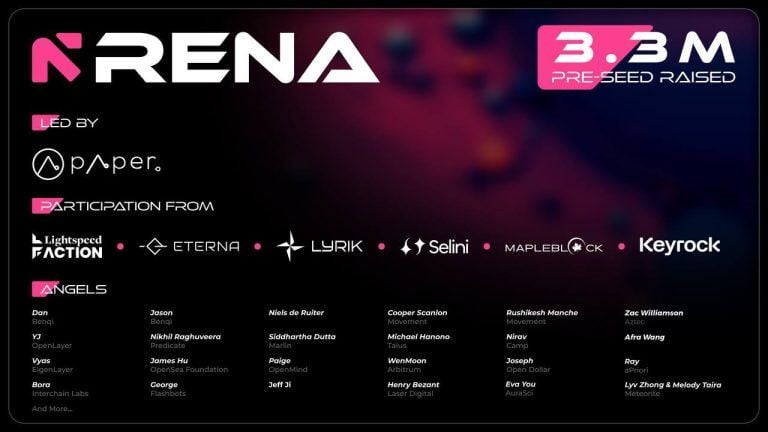
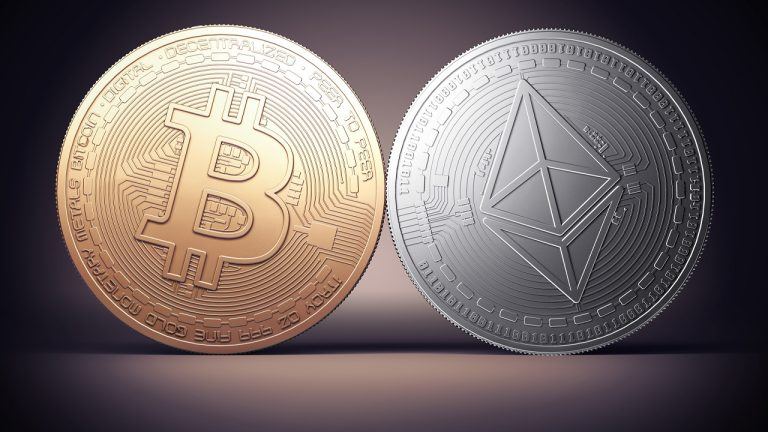

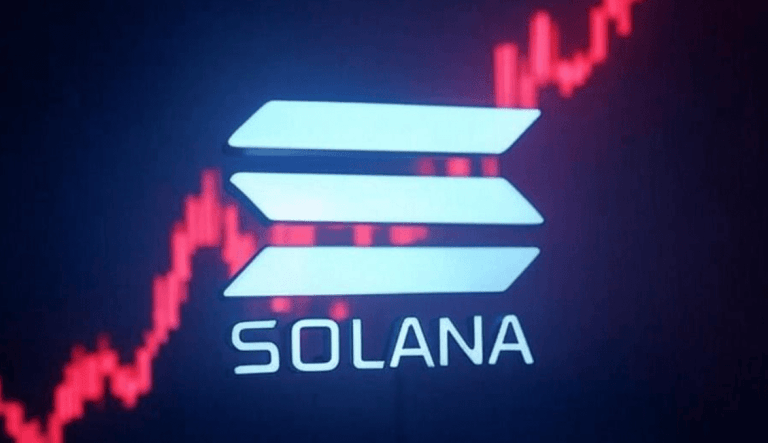

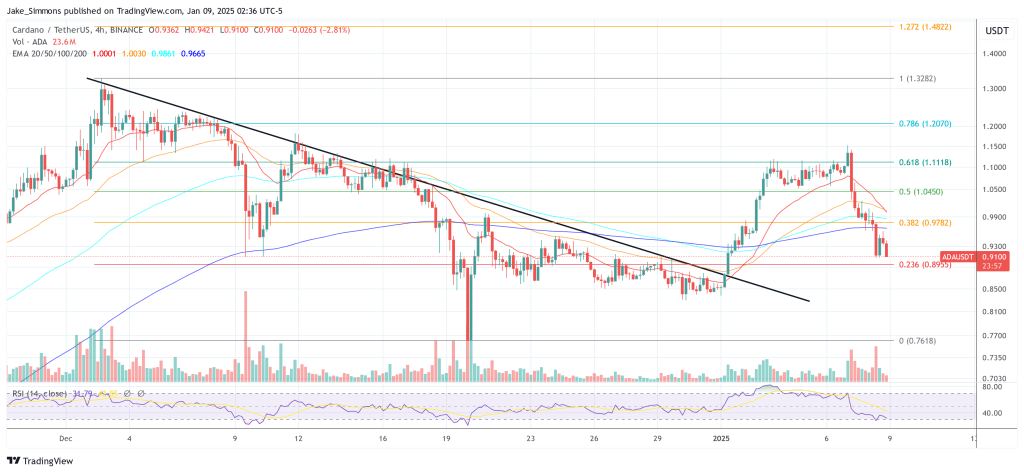

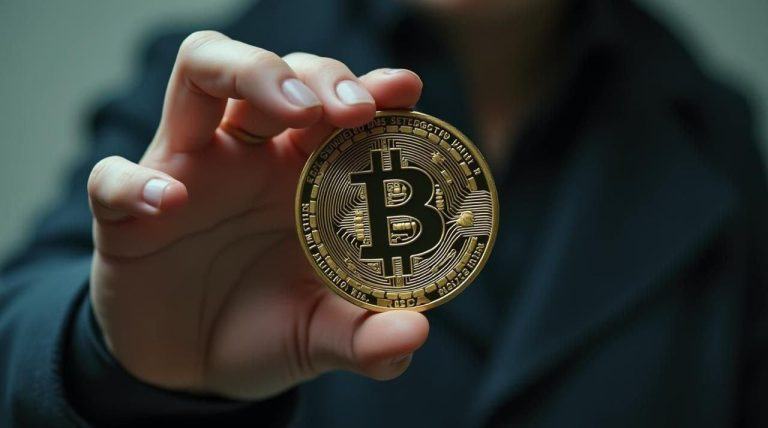
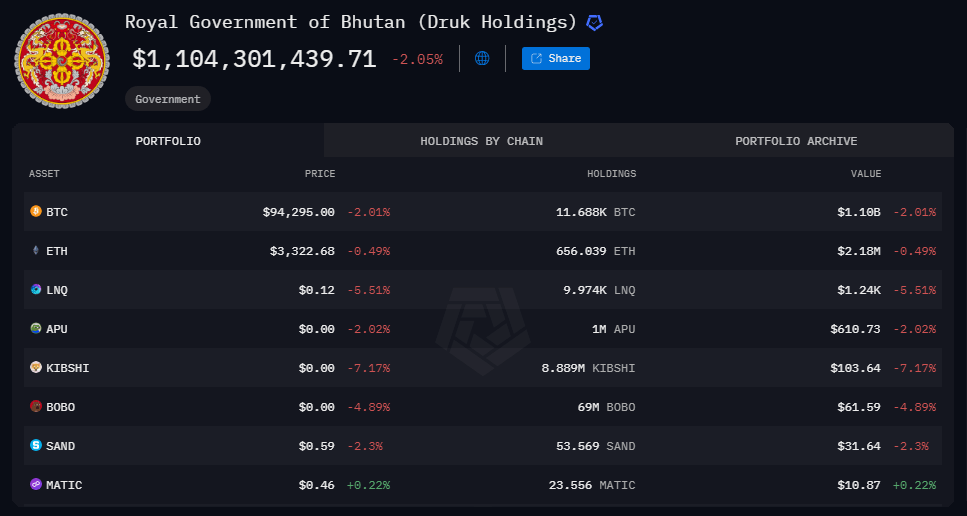










Comments